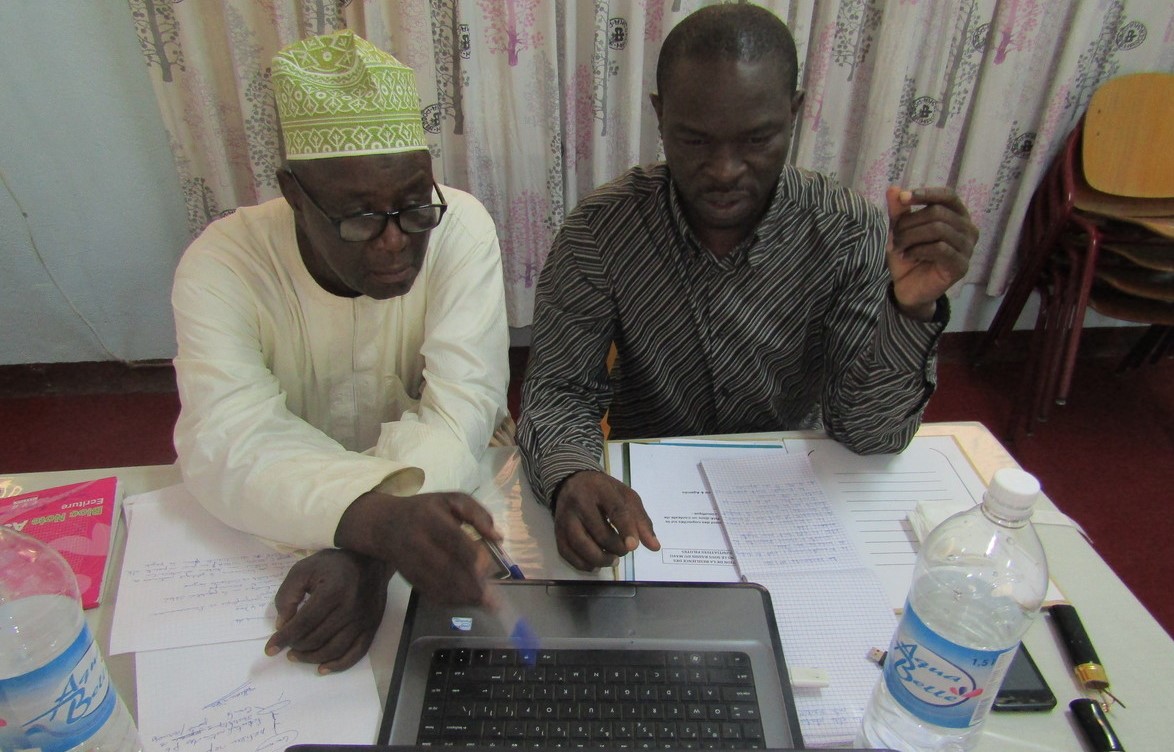This session brought together 12 participants representing the Ministries of Water and Energy, Economy, Planning and Land Use Planning, Transport, as well as councils, national NGOs, international NGOs, national programs related to water resources, infrastructure construction companies and WASH services.
The session had as aim to build the capacity of participants on the elaboration of conceptual notes of projects so that they can propose project ideas related to the resilience of WASH services in the Far North region. The session was structured around four modules on concepts recall, strategic planning, climate change issues, and project development processes.
Following the final evaluation of the training programme, the participants found the themes and pedagogical objectives of the three training sessions of the program, as well as the modules proposed, very relevant. They noted that they had learned new knowledge, including the climate change mechanism, climate risk diagnosis and assessment tools, the relationship between IWRM and climate change, the importance of governance and IWRM, strategic planning process and the development of a project concept note.
The highlight of this session that closed the capacity building program, was the delivery of training certificates to all participants. Overall, there was a general satisfaction among participants at the end of the training program.

one of the trainers delivering a certificate to a participant
Participants identified as key indicators of their satisfaction: the acquisition of new knowledge on WASH and Climate Change, the relevance of the training modules, the appropriate pedagogy adopted for each training session, as well as the quality and diversity of the participants. At the end of the training, the following recommendations emerged:
- repeat this training program in other northern regions;
- develop initiatives in IWRM at the scale of river basins in Cameroon;
- Strengthen water management experts’ knowledge in IWRM.
